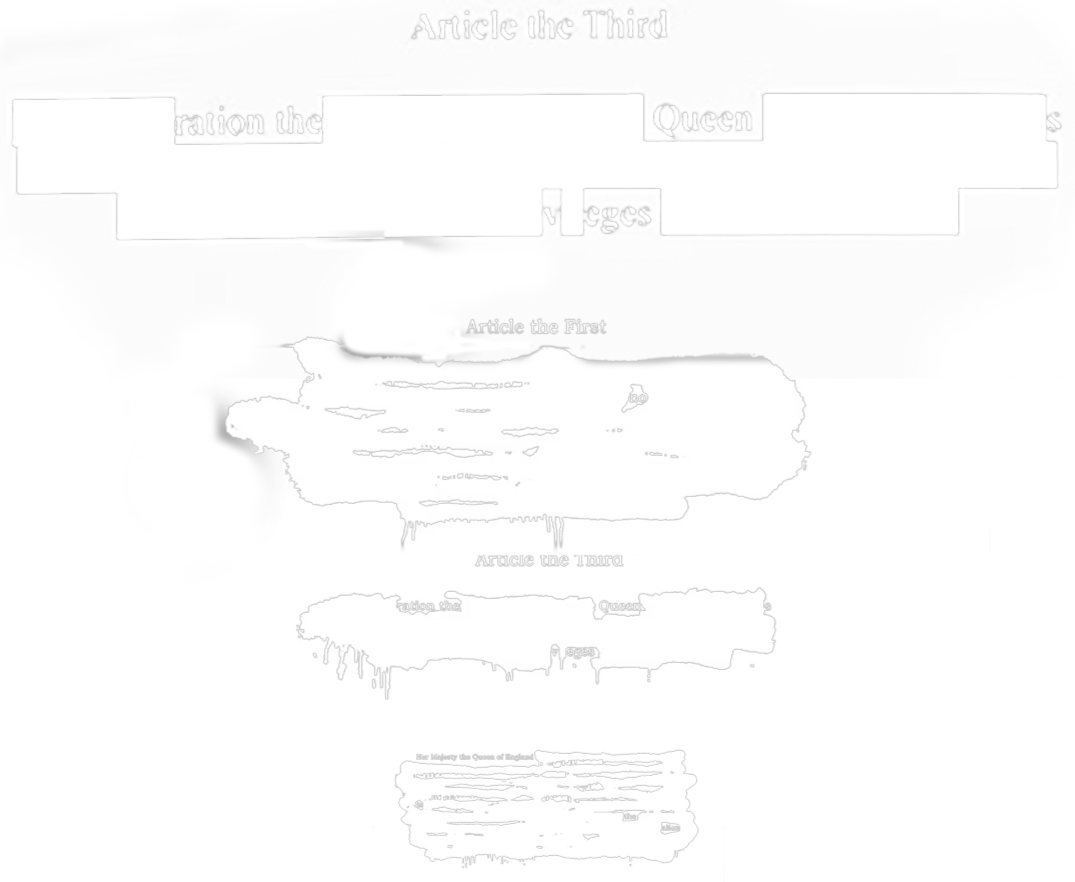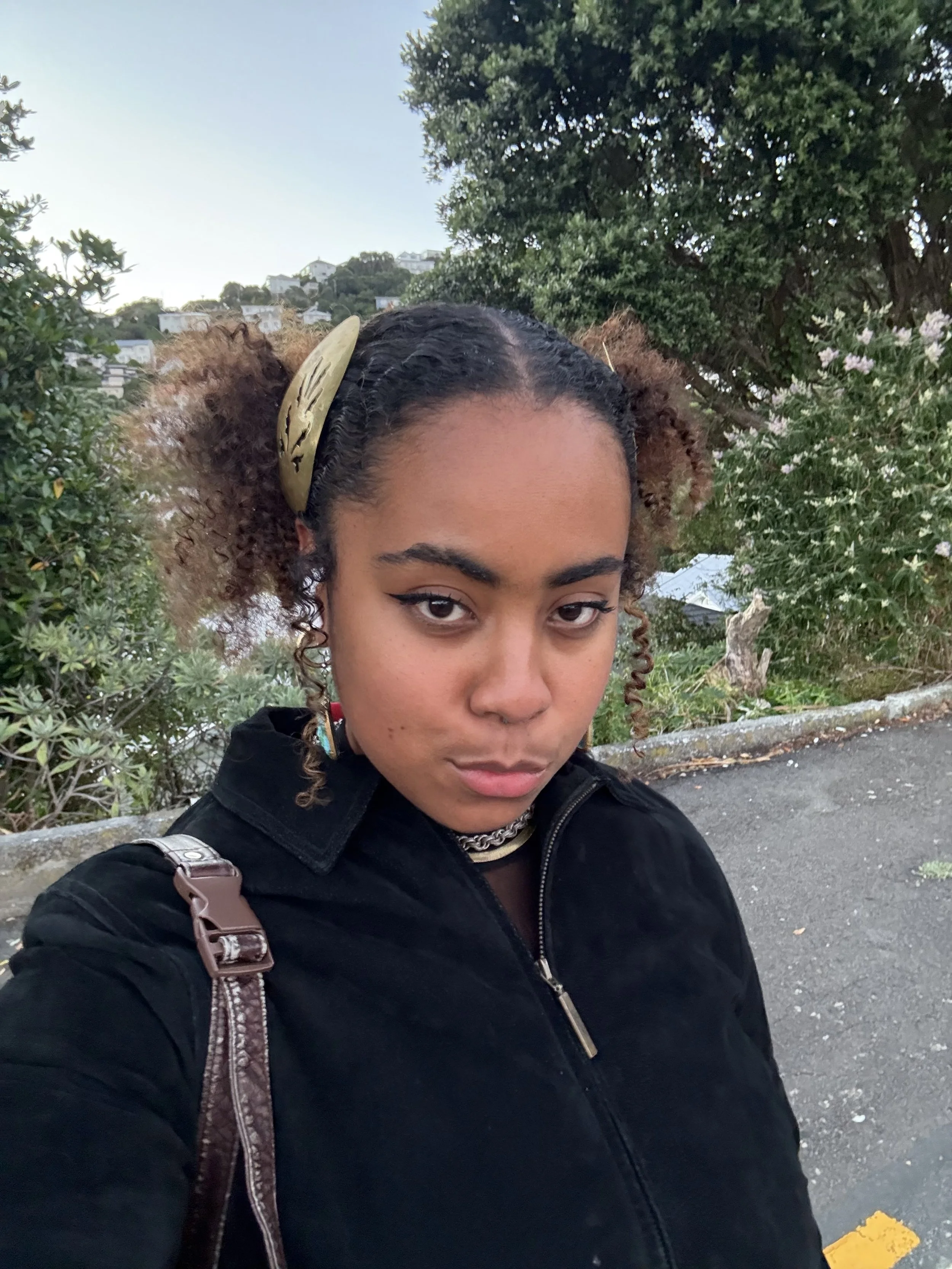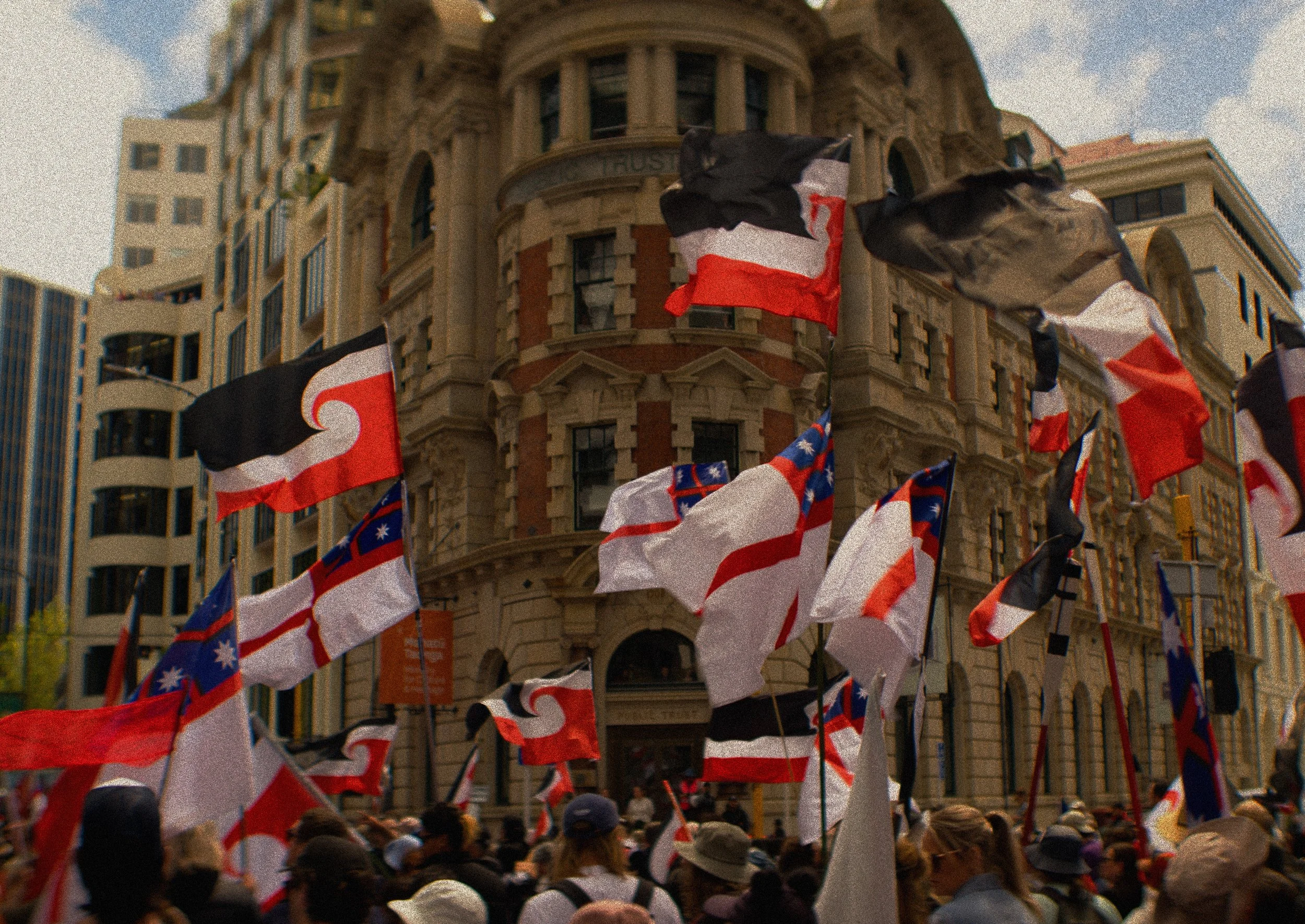
FUNDRAISER
/
DOCUMENTARY
/
FUNDRAISER / DOCUMENTARY /
REDACT / RESIST FUNDRAISER
DONATE
/
DONATE /
$11,286 of $25,000 RAISED
34 DAYS REMAINING
34 GENEROUS donors
Share on
By donating to REDACT / RESIST, you are supporting our collective effort to challenge the colonial narratives that persist in Aotearoa, and to assert tino rangatiratanga-self-determination for Indigenous peoples-on the global stage. By focusing on the Treaty redaction, we will use this event as a lens to examine the vital conversations our country must confront about national history, memory, amnesia, and identity.
Funds raised will go towards Te Waka Haurua’s production expenses, renting additional filming equipment, gaining access to archival materials, and paying for the crew’s time.
Every contribution, no matter how small, brings us closer to telling this story with the care and quality it deserves.
REDACT / RESIST is a ROOZEN + SIBANDA production, but all funds raised are independently managed and exclusively go towards the production and distribution of the documentary. We are comitted to ensuring funding transparency.
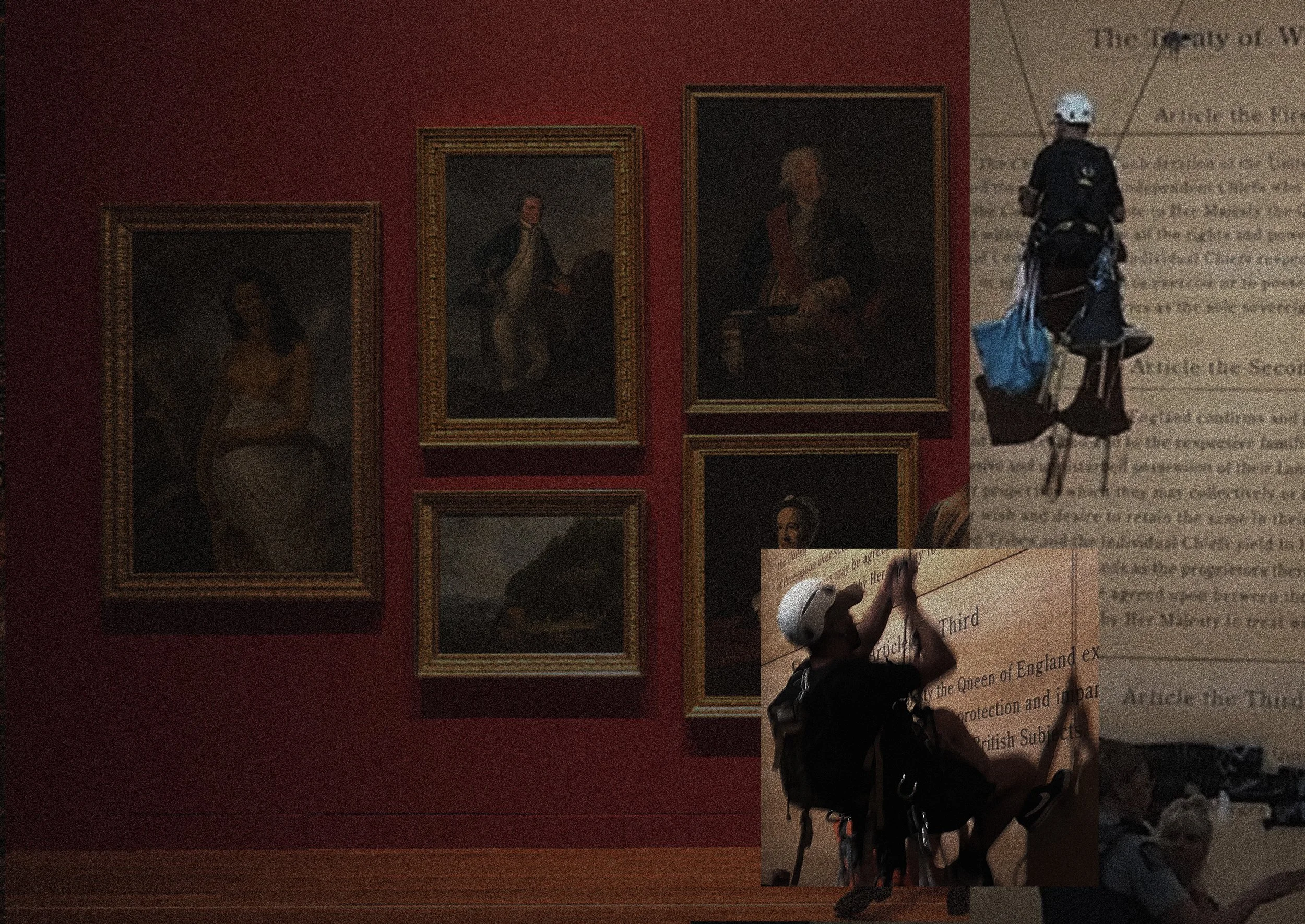
WHEN ACTIVISTS DEFACE A MUSEUM EXHIBIT OF NEW ZEALAND'S FOUNDATIONAL TREATY, THEIR BOLD ACT IGNITES A NATIONAL DEBATE AMIDST A REGRESSIVE POLITICAL CLIMate, CHALLENGING THE NATION TO CONFRONT ITS CONTESTED HISTORY AND UNCERTAIN FUTURE.
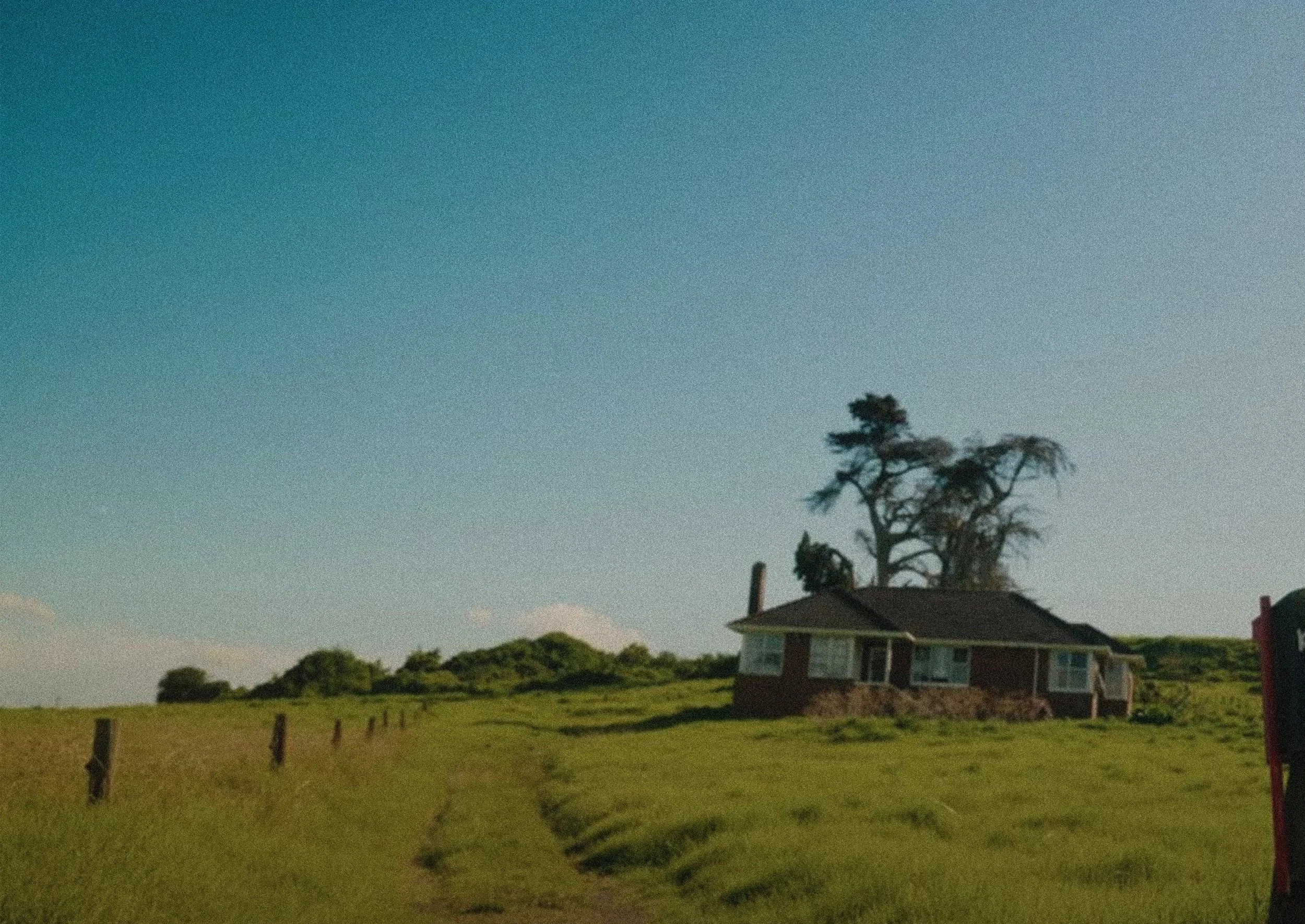
THE STORY
For a quarter of a century, two large wooden panels hung on the fourth floor of the Museum of New Zealand Te Papa Tongarewa, facing each other in silent confrontation. One panel bore the text of Te Tiriti o Waitangi, signed on 6 February 1840 by more than 500 rangatira, while the other displayed an English text drafted by Governor William Hobson, signed by thirty-six rangatira. Together, these panels formed the heart of the museum's "Signs of a Nation" exhibition, a poignant and often controversial reflection on New Zealand's complex history.
But on 11 December 2023, this quiet equilibrium was shattered. Members of the activist group Te Waka Hourua entered the museum armed with angle grinders, spray paint, and climbing gear. Their target: the panel displaying the English text. In a dramatic act of protest, they defaced the section of the text that had once read:
"Her Majesty the Queen of England extends to the Natives of New Zealand Her royal protection and imparts to them all the Rights and Privileges of British Subjects."
What now remained was a stark and cryptic message:
This act of defiance occurred against the backdrop of a regressive shift in New Zealand's political landscape. Central to this agenda is a controversial Treaty Principles Bill, a piece of legislation that threatens to erode the foundational principles of Te Tiritit o Waitangi, undermining the partnership between the Crown and Mãori. The nation was divided.
This wasn't the first time the exhibit had come under fire. An Official Information Act request from 2021 revealed a history of formal complaints dating back to 2006, accusing the museum of cultural insensitivity and historical inaccuracies. The controversy only deepened when it was disclosed that Te Papa had promised protesters that the exhibit would be renewed and replaced — a promise that, by December 2023, remained unfulfilled.
Since its opening in 1998, Te Papa has been at the heart of the nation's cultural landscape, helping to reshape the Māori-Pākehā relationship as the country has grappled with forging a meaningful biculturalism-culturally, politically, and constitutionally. As a contemporary museum, it focuses on the needs of today and does not shy away from addressing difficult and controversial issues. Indeed, it faces them head-on. Te Papa, while striving to evolve, must continue to reckon with the gaps in historical representation and the challenges of being a site where competing narratives of identity collide.
As four protesters now face charges for their actions, the nation grapples with the implications of their bold statement. Was this an act of vandalism, or the beginning of a necessary reckoning with how New Zealand's history is told?
REDACT / RESIST will delve into this explosive event, exploring the deep-seated tensions it has exposed, the historical grievances it has reignited, and the complex interplay between activism, history, and national identity.
KEY THEMES
we WILL EXPLORE:
Historical Representation
How do institutions like museums shape and influence history? The film critiques the portrayal of Te Tiriti o Waitangi and examines how power influences national narratives, often marginalising indigenous voices.
Activism and Direct Action
Using Te Waka Hourua's protest as a case study, the documentary interrogates the moral complexities of civil disobedience and how activism challenges entrenched power.
Cultural Identity and Sovereignty
The protest is framed within the broader fight for Maori sovereignty and rights, highlighting how political regression reopens old wounds around Te Tiriti.
Historical Memory and National Identity
The film contributes to a national conversation about how New Zealand's history is remembered, reinterpreted, and who controls its narrative.
KEY THEMES
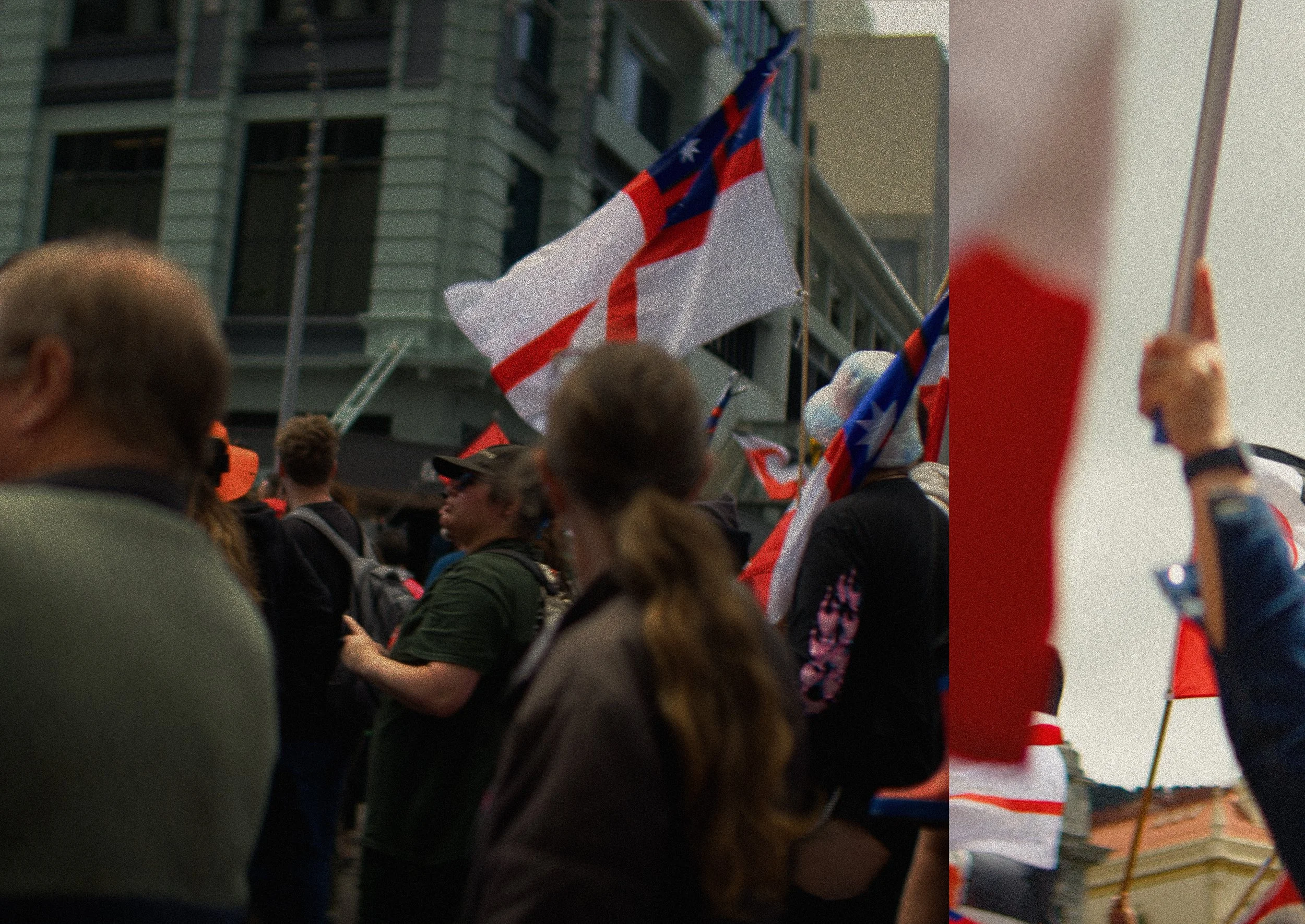
WHY SUPPORT THIS DOCUMENTARY?
REDACT / RESIST promises to be a potent and visually striking film that challenges audiences to think about the legacies of colonialism, the role of activism, and how nations come to terms with their contested histories.
-
REDACT / RESIST will use CCTV footage and planning recordings to reconstruct the protest's development, offering a close-up look at the motivations and emotional stakes behind the activists' actions. Drawing inspiration from Citizenfour and The Square, this footage will immerse the audience in the tension and fear leading up to the protest. Post-event interviews will provide emotional depth, capturing the personal and political ramifications of their actions.
-
Inspired by Johan Grimonprez and Raoul Peck's work- especialy Am Not Your Negro and Exterminate All The Brutes the film will interweave archival footage with contemporary protest to highlight the continuity of Mãori resistance. Footage from past Mãori protests-such as the 1975 Mãori Land March, 1981 Springbok Tour, and 2005 Foreshore & Seabed March-will juxtapose the modern-day defacement, reinforcing the long-standing struggle for Mãori sovereignty. At times, archival material will be manipulated-blurred, slowed, or overlaid-to symbolise how historical memory is often redacted or contested, echoing the activists' challenge to institutional narratives.
-
REDACT / RESIST blends political documentary and social justice cinema, offering a real-time exploration of activism while connecting it to broader systemic critiques of power and history. Alternating between protest sequences, archival footage, and reflective interviews, the film creates a dynamic interplay between past and present, action and reflection.
-
Museum scenes will feature silence and ambient sounds, reinforcing the institution's sterility. Protest sequences will be filled with chaotic sounds-grinding metal, spray paint, and hurried conversations. Music will blend taonga pūoro with modern chamber and electronic elements, reflecting the tension between historical continuity and contemporary activism.
-
The film will combine archival material with real-time footage to create a layered narrative. CCTV footage and recordings from the protest's planning will help reconstruct the event, while interviews and archival material will be intercut to create a rhythmic balance between action and reflection. The editing will build tension and release, ensuring emotional engagement and critical reflection throughout.
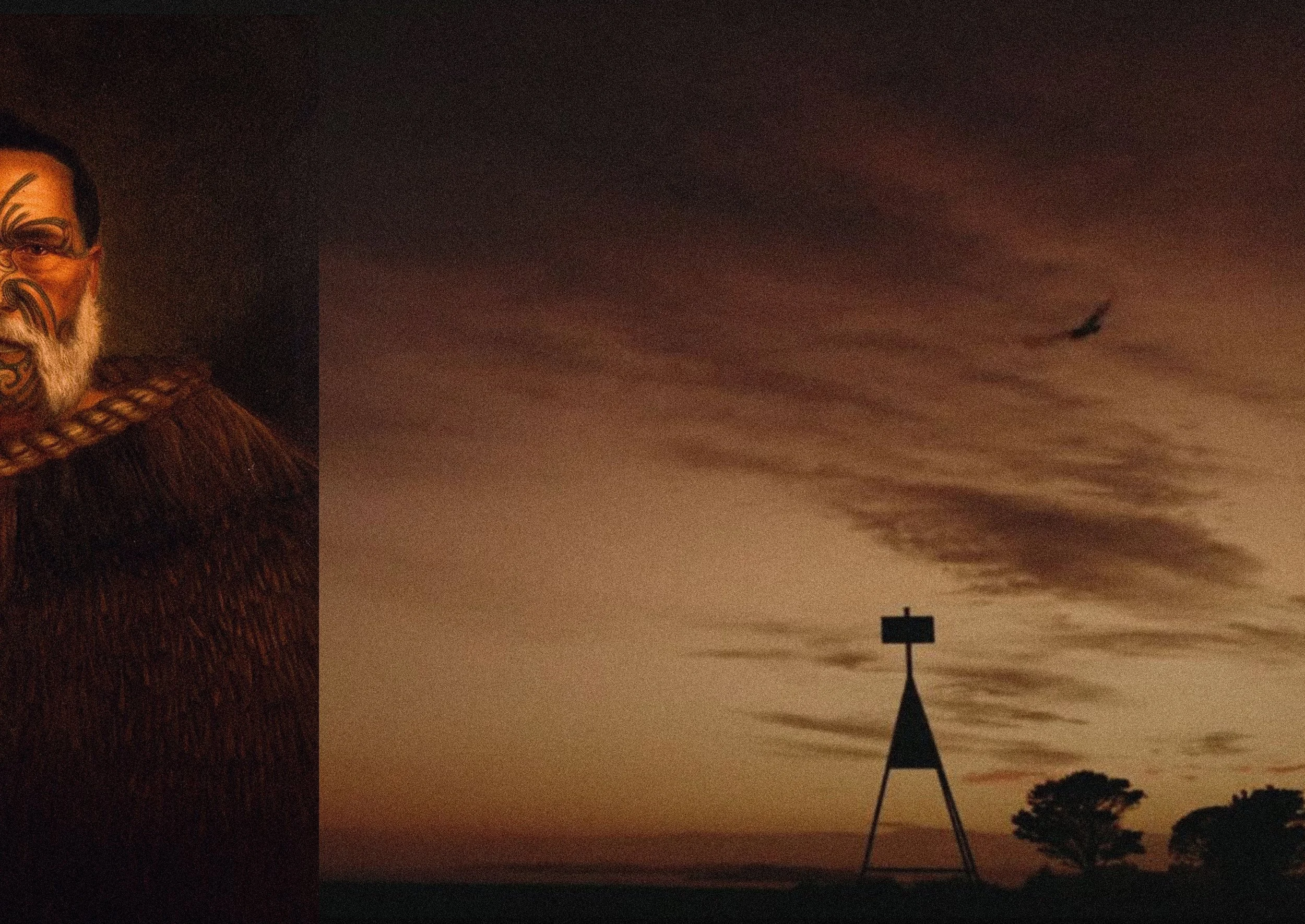
Te Waka Hourua
Te Waka Hourua is a tangata whenua-led, direct action, climate and social justice rōpū. We are here to bring attention to the role of colonisation, capitalism, patriarchy and white supremacy as key instigators of the climate, ecological and social crises. Our intentions are to amplify Indigenous voices and act for the healing of Papatūānuku, Tangaroa, Ranginui, Tane Mahuta (Earth, Sea, Sky, Forest), such that human life can persist). // Our kaupapa is described by our whakaaturanga: Our waka hourua has set its course. We feel it is beyond time to shed light on the truth of our current and existential situation; endless destruction by an elite minority at the expense of the majority, and of hospitable life on planet earth.
THE CREW
REDACT / RESIST is a deeply personal project for our team and collaborators at Te Waka Hourua, conceived by Haitian-US artist Sascha-Rose Drice, whose Haitian whakapapa grounds her in the legacy of resistance. As a descendant of those who led Haiti's successful revolution against colonial rule, Sascha connects with the global fight for Indigenous liberation. Her personal history informs her commitment to telling stories of resistance, displacement, and cultural erasure. The defacement of Te Papa's Treaty exhibit is emblematic of ongoing struggles for Indigenous sovereignty—both in Aotearoa and globally. Collaborating with director John Sibanda, cinematographer Charlie Higgison (Ngāti Whātua), and producer Oliver Roozen, we have assembled a team of Mãori, Indigenous, and tauiwi filmmakers. Together, we are driven to explore how historical narratives are manipulated and contested, and how radical actions can reclaim space for voices historically silenced.

-
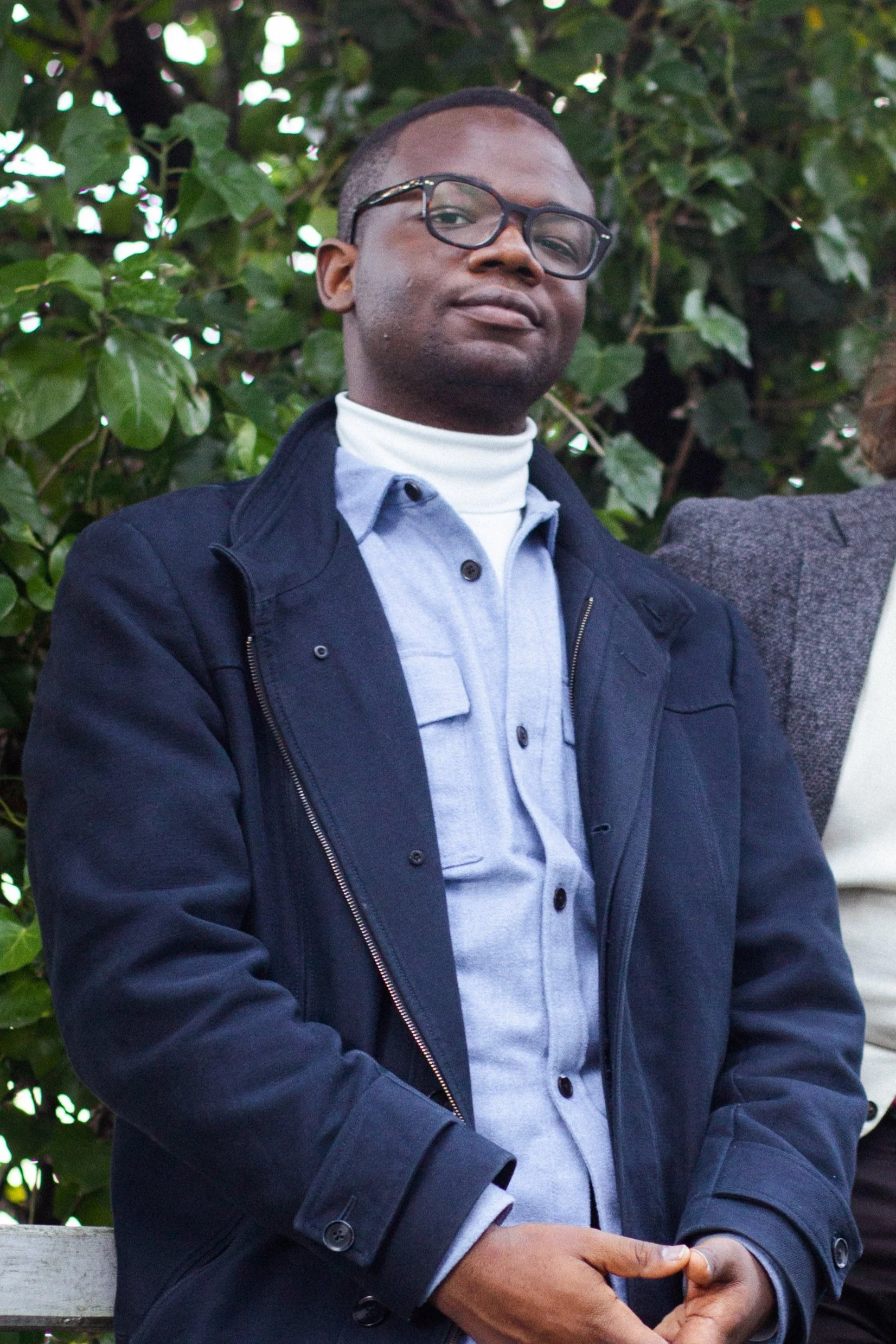
John Sibanda
DIRECTOR
John (24) is a Wellington-based filmmaker, writer, and researcher, and the co-founder of ROOZEN+SIBANDA, a creative agency where he leads impactful commercial and kaupapa-based film projects. Notable works include the documentary series Te Herenga Tangata, which delves into the experiences of kaupapa Māori community groups in Tairāwhiti, Te Moana-a-Toi, and Te Tai Tokerau.
A recipient of the New Zealand Film Commission’s Big Screen Symposium 2024 Scholarship and a national grand finalist in the 2024 48Hour Film Festival, and the 2023 SPADA ‘Big Pitch’ Competition, John is a storyteller deeply committed to exploring human-centred narratives. As an African New Zealander and a post-colonial migrant, John brings a unique perspective to themes of identity, intersectionality, and indigenous sovereignty.
With a background as a Research Scholar in Law and Teaching & Research Assistant at Te Herenga Waka - Victoria University of Wellington and former Parliamentary Advisor, John’s academic rigour and legal insight ensure his work is historically grounded and nuanced.
-
Sascha-Rose Drice
WRITER & ASSOCIATE DIRECTOR
Sascha (23) is a Haitian-American artist and filmmaker based in Te Whanganui-a-Tara. Her Haitian roots are a central influence in her storytelling, particularly in her exploration of colonial resistance and liberation. A recent graduate in Cultural Anthropology and Film from Victoria University of Wellington, Sascha is committed to bridging her artistic and academic pursuits through film.
Her previous work includes films with a strong auto-ethnographic focus. Notable projects include Altars in Aotearoa (2023) and I Was Dreaming of the Past (2023), the latter selected for the Māoriland Film Festival 2024. Most recently, she served as producer for A “Promised” Land (2024).
As Writer and Associate Director, Sascha brings her unique voice and critical perspective to the project. Her background in cultural anthropology and auto-ethnographic filmmaking informs her storytelling, while her lived experiences as a Black woman navigating questions of ancestry and belonging enhance the film's exploration of identity and historical memory.
-
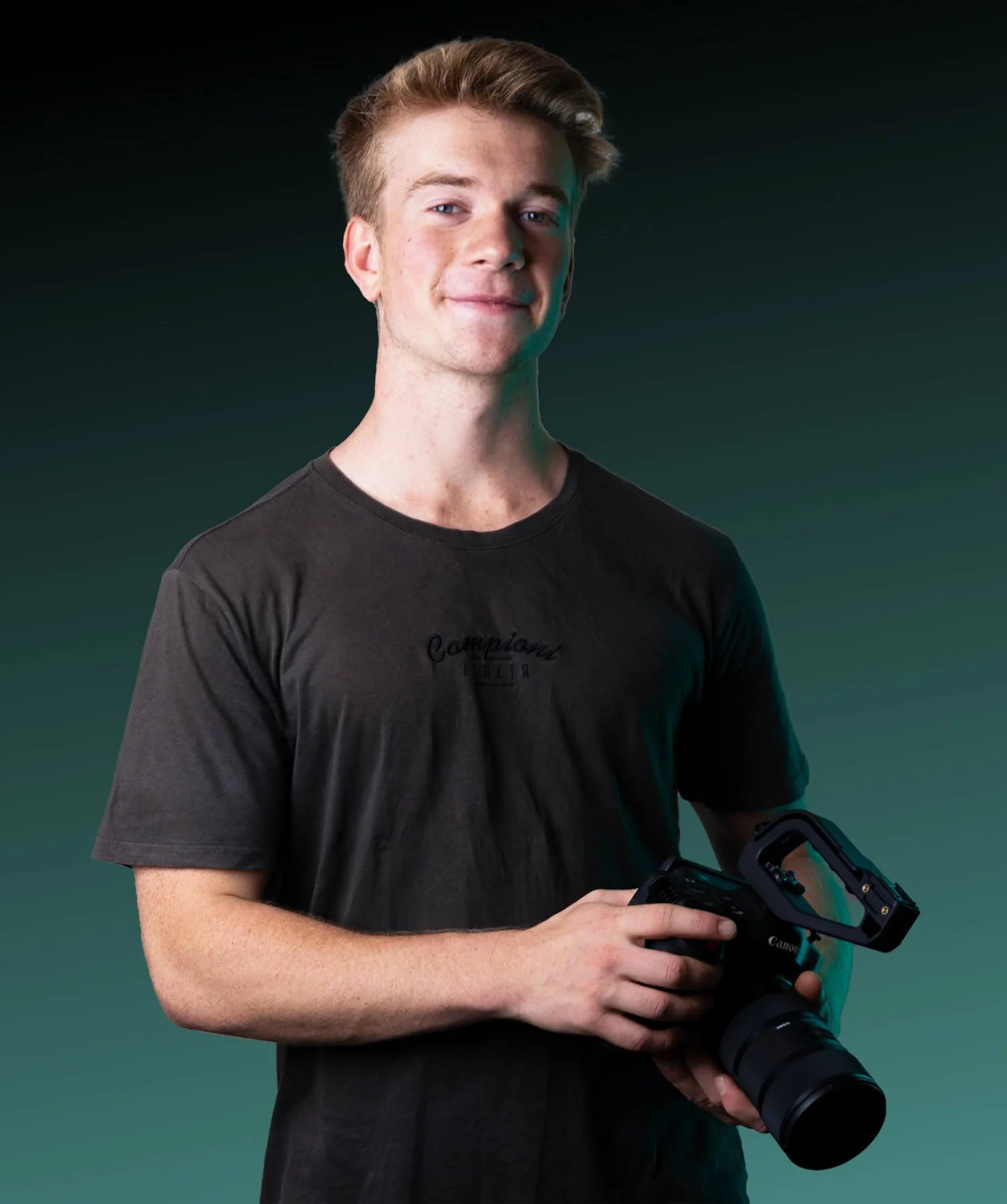
Charlie Higgison
CINEMATOGRAPHER
Charlie (21) is a filmmaker with a passion for cinematography. He is of Ngāti Whātua, English & Irish decent - growing up in Aotearoa. He has travelled across Aotearoa with his camera, and is currently based in the Hutt Valley along Te Awa Kairangi.
His mahi ranges from shooting music videos & docos solo, to working with crews on larger productions and short films. His favourite projects are those involving nature and an opportunity to roll barefoot.
Every project is unique and requires a balance between crafting visuals through prep and being ready for the spontaneous. Charlie jumps at the opportunity to work with any situation & challenge - ensuring equipment, crew & style are adapted to each shoot.
His mahi includes numerous collaborations with kaupapa Māori organisations and communities. He has also shot extensively with Shepherdess NZ & Hillary Outdoors, working within wāhine and rangatahi spaces respectively. He has a keen interest in bringing human connection and identity to life visually, exploring how to kōrero about whakapapa, kotahitanga and whanaungatanga - whether that is via a hip-hop music video or personal doco series.
-
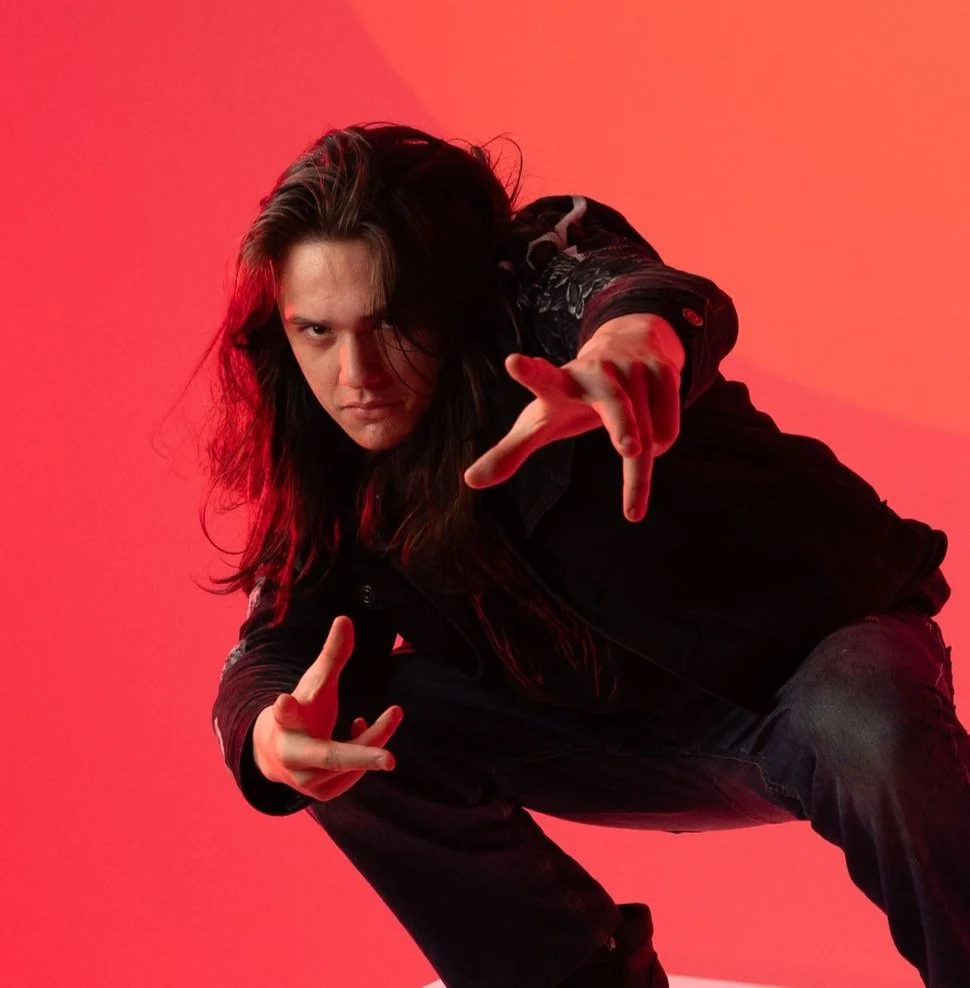
Chai Ruakere-Forbes
EDITOR, LX & CAMERA DEPT
Chai Ruakere-Forbes (20) is a Māori/NZ European filmmaker from Taranaki currently based in Te Whanganui-a-Tara. His work interrogates systems of power, cultural decay, and media manipulation often through satire, surrealism, and High Intensity Editing. Chai is best known for Dream Cabal, an independently produced web series blending conspiracy, dark humor, and biting commentary on contemporary culture. Through filmmaking, Chai aims to challenge institutional narratives and build a space for bold, and uncompromising voices in Aotearoa’s screen landscape.
In a world designed to pacify and poison, rebellion becomes survival. When food is manufactured to harm, when medicine is weaponized, when even our nation’s founding document fails to recognize you, what choice is left?

-

Oliver Roozen
PRODUCER
-

Julian Kirgan Báez
COMPOSER
-
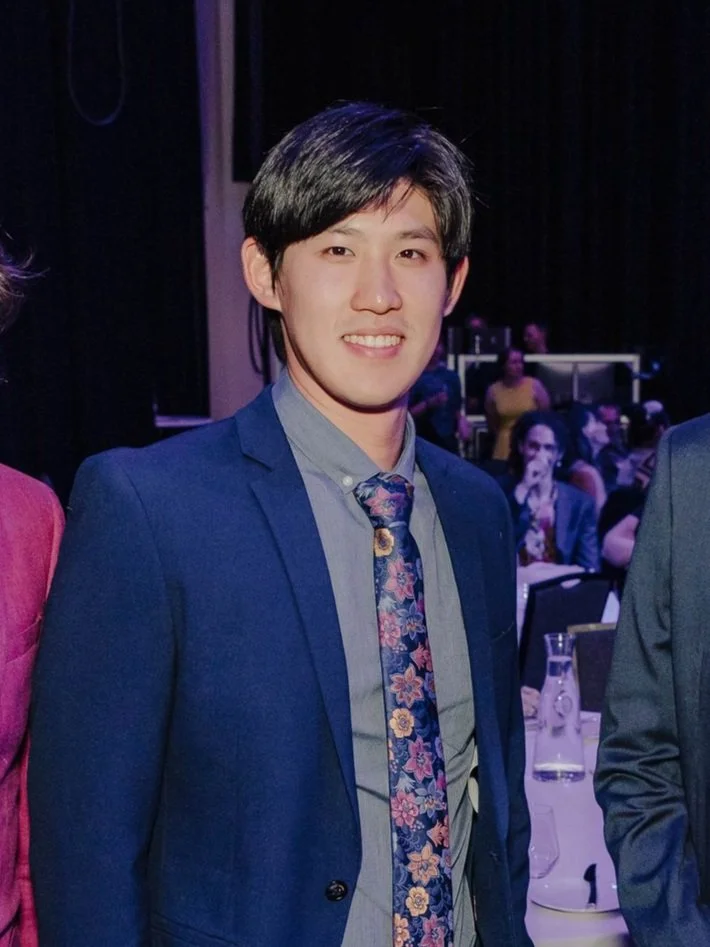
Wei-Chi Lin
COLOURIST & SOUND EDITOR
-

William Hall
ASSOCIATE PRODUCER
FUNDRAISER FAQs
-
It is a particularly difficult time across the motu for the film and media industries. We pitched this project to funding bodies, but many are going through restructuring and budget cuts, and weren’t able to fund REDACT / RESIST. We believe that this is a story that needs to be told here, now, and we can’t sit by waiting for the tides to change.
We are supporting this project as much as possible by providing research, time & equipment, but to deliver this documentary to the level of quality it deserves, we need your help.
-
Providing koha and covering production-related expenses for Te Waka Hourua
Rental for specific equipment that enables tailored visual storytelling
Access & licensing of archival footage & materials
Paying crew for their time
Ensuring a high-quality edit, colour grade, and sound mix
Festival submissions and promotion to ensure impact and awarenes
Every contribution, no matter how small, brings us closer to telling this story with the care and quality it deserves.
-
We have tax-deductible options available, please send us an email at we@roozensibanda.co.nz.
-
Principle photography is scheduled for October 2025, with a release date in Q1 2026.
-
We are a hybrid advertising agency and production company who specializes in human-centred storytelling. We deal in everything from 15-second snackable socials to feature films.
REDACT / RESIST is our latest passion project and an opportunity for us to push ourselves, utilizing the best of our talented team. We are incredibly excited to be working with Te Waka Hourua and are committed to delivering an impactful film alongside them.
